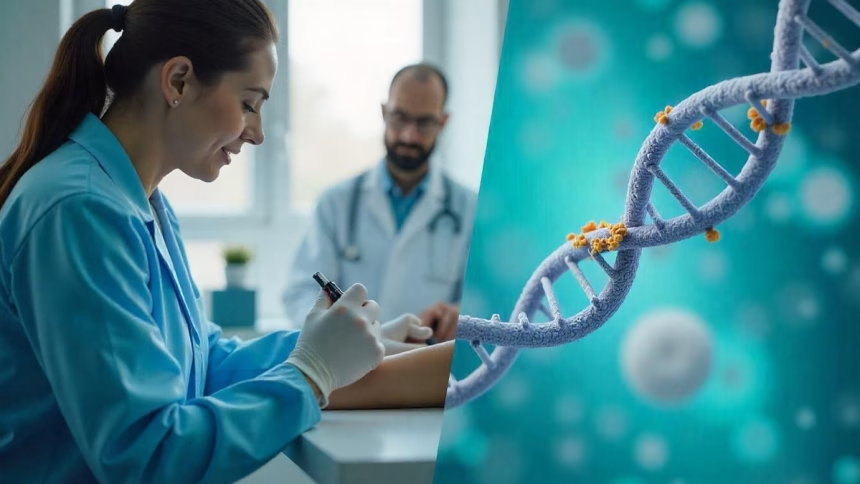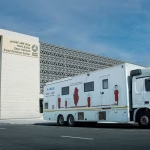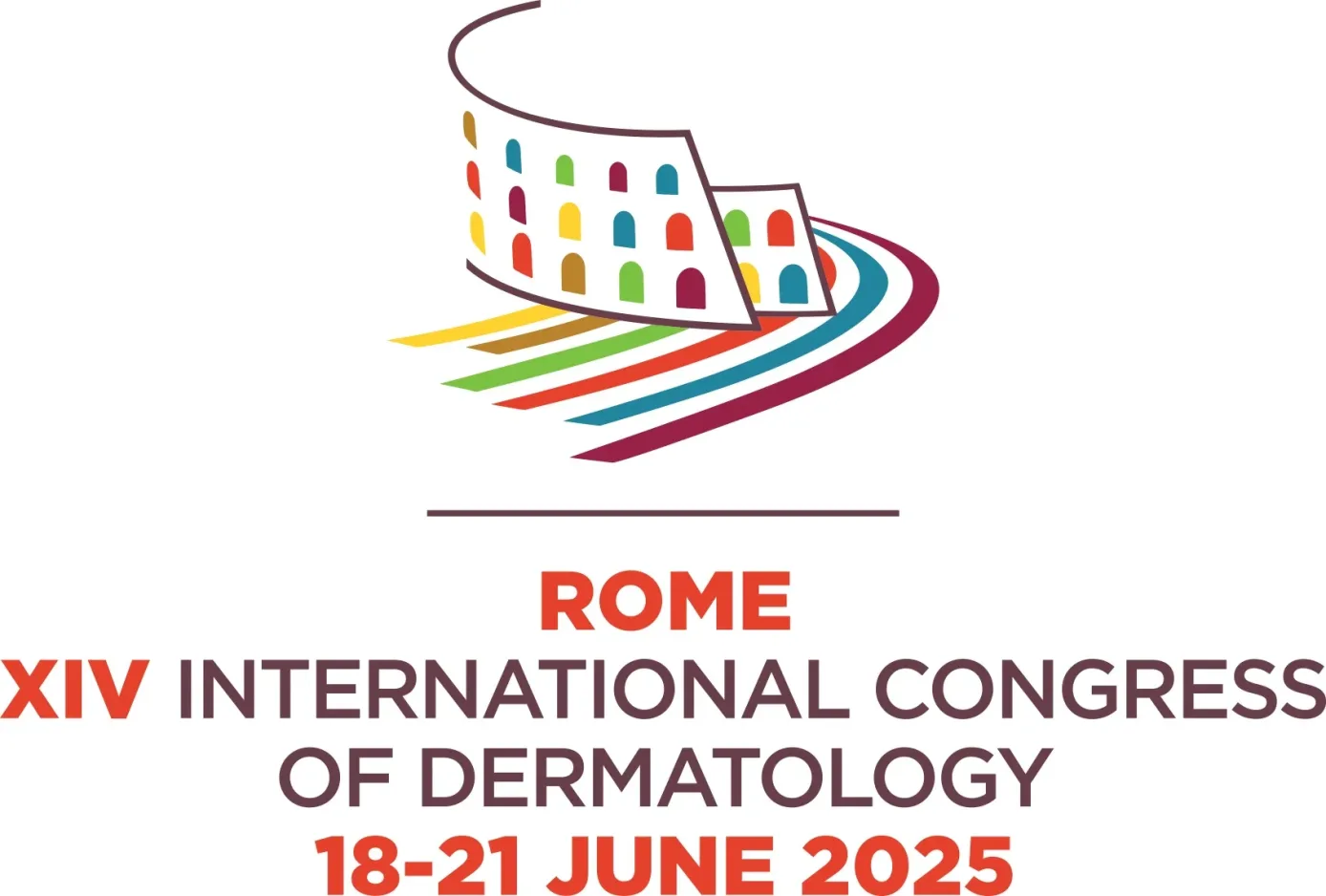Imagine if doctors could detect cancer in your body three years before you feel sick or notice any symptoms. Thanks to groundbreaking research from Johns Hopkins University, this might soon become reality through a simple blood test that can spot cancer 3 years early.
Catching Cancer in its Earliest Stages – The Game-Changing Discovery
Researchers at the Ludwig Center, the Kimmel Cancer Center, the Bloomberg School of Public Health, and the School of Medicine at Johns Hopkins have discovered that small fragments of genetic material shed by tumors, called circulating tumor DNA, can be detected in the bloodstream up to three years before a patient is formally diagnosed.
The study, published in Cancer Discovery on May 22 and supported in part by the U.S. National Institutes of Health, offers promising hope for early cancer detection through a simple blood test.
“Three years earlier provides time for intervention. The tumors are likely to be much less advanced and more likely to be curable,”
said Dr. Yuxuan Wang, lead author and assistant professor of oncology at Johns Hopkins University School of Medicine.
How Does This Blood Test Work?
Think of cancer cells like tiny factories that occasionally drop pieces of their blueprints, DNA fragments, into your bloodstream. These microscopic clues, called circulating tumor DNA, act like breadcrumbs that can reveal the presence of cancer long before it grows large enough to cause symptoms.
The research team used incredibly sensitive technology to hunt for these DNA fragments in blood samples. It’s like having a super-powered microscope that can spot a needle in a haystack, detecting tumor-related changes at levels up to 79 times lower than what appears in later samples.
How Did They Find This Out? The Power of Archived Blood
To uncover this hidden timeline of cancer development, scientists turned to a unique resource: the Atherosclerosis Risk in Communities (ARIC) study. This long-running project, originally focused on heart disease, collected and stored blood samples from thousands of participants over decades. A massive long-term research project that has been following thousands of people since the 1980s to understand heart disease.
By looking back at blood samples from 52 participants, 26 who later developed cancer and 26 who didn’t, the scientists could see what was happening in the blood years before anyone knew cancer was developing. This real-world approach makes their findings much more powerful than laboratory experiments alone. Using highly sensitive genetic sequencing technology, they searched for cancer-specific mutations in the DNA floating in the blood.
Of the 52 participants studied, eight tested positive on a multicancer early detection (MCED) test at the time their blood was collected. Remarkably, all eight were diagnosed with cancer within four months. Even more impressive, when researchers examined older blood samples from six of these individuals, taken 3.1 to 3.5 years earlier, they found tumor DNA in four cases.
Why This Matters for You and Your Family
Currently, many people only visit their doctor when something feels wrong. But this research suggests that regular blood testing, even when you feel perfectly healthy, could catch serious problems before they become life-threatening.
“This study shows the promise of MCED tests in detecting cancers very early, and sets the benchmark sensitivities required for their success,” says Dr. Bert Vogelstein, Clayton Professor of Oncology and co-director of the Ludwig Center at Johns Hopkins.
Benefits of Early Detection
- Simpler, less aggressive treatments
- Better survival rates
- Lower treatment costs
- Less impact on quality of life
- More treatment options available
What This Means for Cancer Care
These findings suggest that blood-based screening could transform how cancer is diagnosed and treated. Currently, many cancers go undetected until symptoms appear, often when the disease has already progressed. But if doctors can spot signs in the bloodstream much earlier, treatment could begin sooner, possibly before the cancer has a chance to spread.
“Detecting cancers years before their clinical diagnosis could help provide management with a more favorable outcome,”
said Dr. Nickolas Papadopoulos, professor of oncology and senior author of the study.
The researchers point out that more work is needed to figure out how to follow up on a positive test result and avoid false alarms or unnecessary procedures. But the potential is immense.
Challenges and the Road Ahead
While still in the research phase, this technology sparks the exciting possibility that regular blood tests during routine check-ups could one day screen for early signs of multiple cancers, even in people feeling perfectly healthy. Think of it like checking cholesterol levels or a diabetes test, but for cancer risk.
Like any medical breakthrough, this discovery faces several hurdles before it reaches your doctor’s office.
Current Limitations
Accuracy Concerns: Researchers must ensure the test doesn’t produce false positives that could lead to unnecessary anxiety and procedures.
Cost and Accessibility: Making these sophisticated tests affordable and available to everyone will require significant effort.
Different Cancer Types: Not all cancers release DNA into the bloodstream in the same way, so researchers need to understand which types this test works best for.
Follow-up Protocols: Doctors need clear guidelines on what to do when someone tests positive but shows no symptoms.
Identifying the Source: A positive blood test signals cancer is present somewhere, but doesn’t pinpoint the location. Further tests (like imaging) would still be needed.
Larger Studies: Confirming these findings in much larger, diverse populations over longer periods.
Researchers are now focused on refining these tests, understanding exactly which cancers can be detected earliest this way, and determining the best protocols for following up on a positive result to maximize benefit and minimize harm.
Also Read: Your Car Has Better Health Monitoring Than You Do – Catch Up Is Overdue
A Hopeful Step Forward
The Johns Hopkins study offers compelling evidence that the seeds of cancer can be found in our blood years before the disease takes hold. While not yet a ready-made screening tool for everyone, this research marks a significant leap forward in the quest for early cancer detection, offering real hope for catching the disease when it is most treatable and potentially curable. The era of detecting cancer through a simple blood draw seems closer than ever.
Source:
- Original Study Press Release: Ludwig Center at Johns Hopkins / Johns Hopkins Kimmel Cancer Center / Johns Hopkins University School of Medicine / Johns Hopkins Bloomberg School of Public Health. (Published findings in Cancer Discovery, May 22).
- Cancer Discovery Journal: Detection of cancers three years prior to diagnosis using plasma cell-free DNA





















